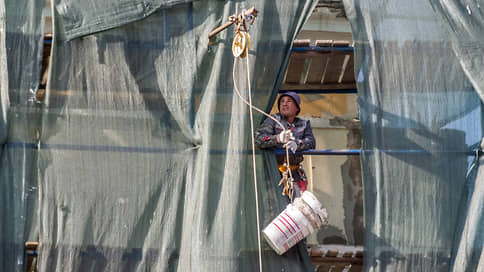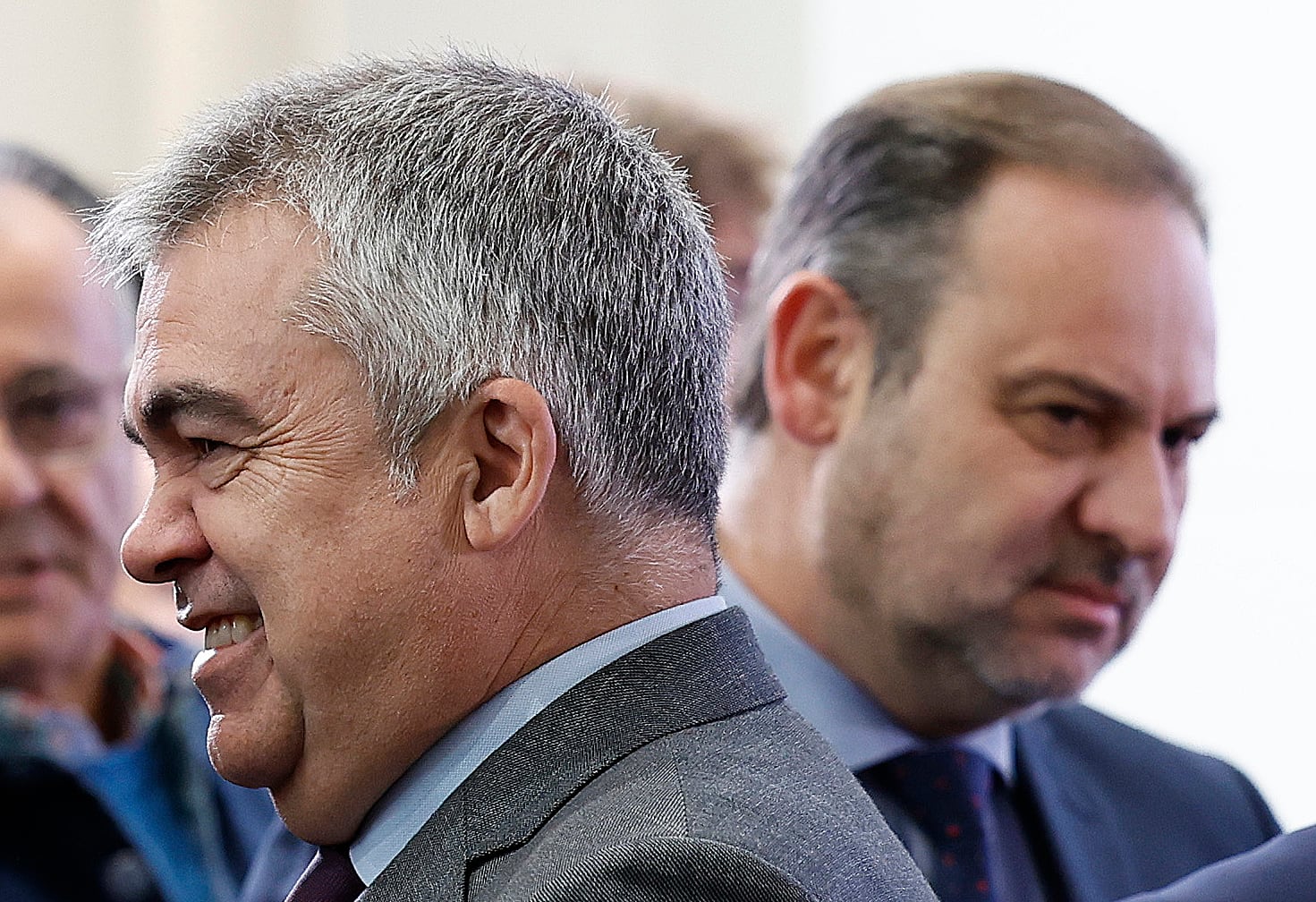The Ministry of Economy proposed stimulating investments in modernization of housing and communal services

The government approved a bill that should stimulate housing and communal services enterprises to actively use their internal resources to modernize communal networks. This will be done due to the introduction of a direct duty of heat and water supply organizations in some cases to approve the investment program, as well as through the establishment of the targeted nature of depreciation and the expansion of the application of regulatory agreements providing for the establishment of long-term tariffs.
On Thursday, April 24, at a government meeting, a bill was approved for introducing to the State Duma, aimed at stimulating investment in modernization of housing and communal services. As the deputy head of the Ministry of Economy, Mikhail Kaminsky, explained, the purpose of the innovations is to involve the resource -supplying organizations themselves in the processes of modernization of housing and communal services of the housing and communal services (RSOs).
The bill establishes cases when the presence of an investment program for them is mandatory: in particular, if the RSO is a guaranteeing supplier, when the concessions are implemented, with a high wear of the infrastructure.
These norms are proposed against the background of the low share of the RSO, who approved such programs, while only about 10% of organizations have done it. The list of measures included in the investment program is also expanding – for example, the prevention and elimination of the consequences of accidents, the modernization of objects that are the subject of concessions with a period of more than the validity of the heat supply scheme.
The target nature of the depreciation accounting in the housing and communal services tariffs is also fixed. The Ministry of Economy notes that 50% of such funds are now not directed to investment purposes. Now, the North Ossetia, for which the approval of the investment program will be mandatory, will have to send depreciation to financing such programs. It is also allowed to use these means to return the attracted investments and elimination of accidents.
It should be noted that the low share of the North Ossetia with investment programs is explained by the fact that enterprises are afraid to take on long-term obligations due to the tariff policy of the authorities, because the maximum tariff growth indices actually change annually.
It is planned to solve this problem by expanding regulatory agreements – a mechanism providing for the obligations of the RSO to implement an investment program in exchange for long -term tariffs that take into account expenses on investment programs.
Now such agreements can be applied in the field of electric power and water supply – the project expands the mechanism to the heat supply sector. The tool itself is being prepared, it becomes possible to include several municipalities in the agreement, and investors who work within the framework of concessions are given the right to enter into objects that are not the subject of concessions.
It should be noted that all these innovations for several years were proposed both the Ministry of Economy and the Federal Antimonopoly Service (FAS) and the Ministry of Construction. Kommersant departments reported that they took part in the preparation of the bill. The FAS noted that the document will increase both the transparency of investments financed by tariff sources and the flexibility of the regulation system. The Ministry of Construction adds that the project builds a “more clear system of interaction” between the SRO and the bodies that control the implementation of investment programs.
As Olga Serdyuk, a member of the Public Council under the Ministry of Construction, notes, the obligation of most water utilities to accept investment programs is important for the effective functioning of water supply systems, since they need not only operation and current repairs, but also investment measures. In the Russian Association of Water Supply and Squirrel (RAV), it is noted that the water utilities do not have a single concluded regulatory agreement, although there were many attempts, despite the fact that this tool was needed, since it is more flexible than concession. The changes, according to RAV, will help to “attract private companies to a large pool of objects according to various types of agreements, this will give a certain freedom of choice to the region and the investor.”








